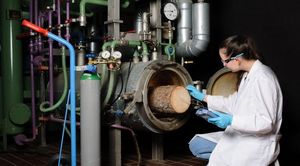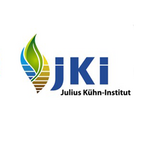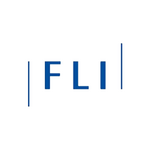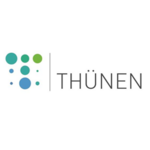Climate-neutral fumigation processes and alternative treatment methods for the export of round timber (KLIMAtiv)

Objective
In the case of exports of calamity wood, transcontinental export requires safe phytosanitary treatment to prevent the spread of harmful organisms. Currently, fumigation with the greenhouse gas sulphuryldifluoride (SF) is usually used for this purpose. A strong reduction and/or a switch to more climate-friendly chemicals or alternative phytosanitary methods is therefore desirable.
Methodology
- Elaboration of efficacy data on the application of SF treatment at different temperatures and dwell times to ensure efficient killing of the harmful of the harmful organisms (JKI)
- Experiments with alternative gases, such as monophosphane (PH3) (JKI)
- Testing alternative fumigation methods with nitrogen and carbon dioxide (Thünen)
- Investigation and optimisation of storage in water and heat/steam treatment as well as the combination of gas and heat treatment (Thünen)
Climate effect under consideration
Reducing the release of climate-damaging sulphuryldifluoride (SF), which is used to treat wood for export
Publications
Kümmritz S, Kroos GM (2025): ProFume® pre-shipment treatments of round wood against infestations with bark- breeding beetles -technical improvements IRG 56 Scientific Conference on Wood Protection, Yokohama, Japan, 22 – 26 June, www.openagrar.de/receive/openagrar_mods_00108647
Contact persons
JKI, Institute for National and International Plant Health
Christine Gottwald
JKI, Institute for Ecological Chemistry, Plant Analysis and Stored Product Protection
Yvonne Ratzlaff
Verena Misgaiski




